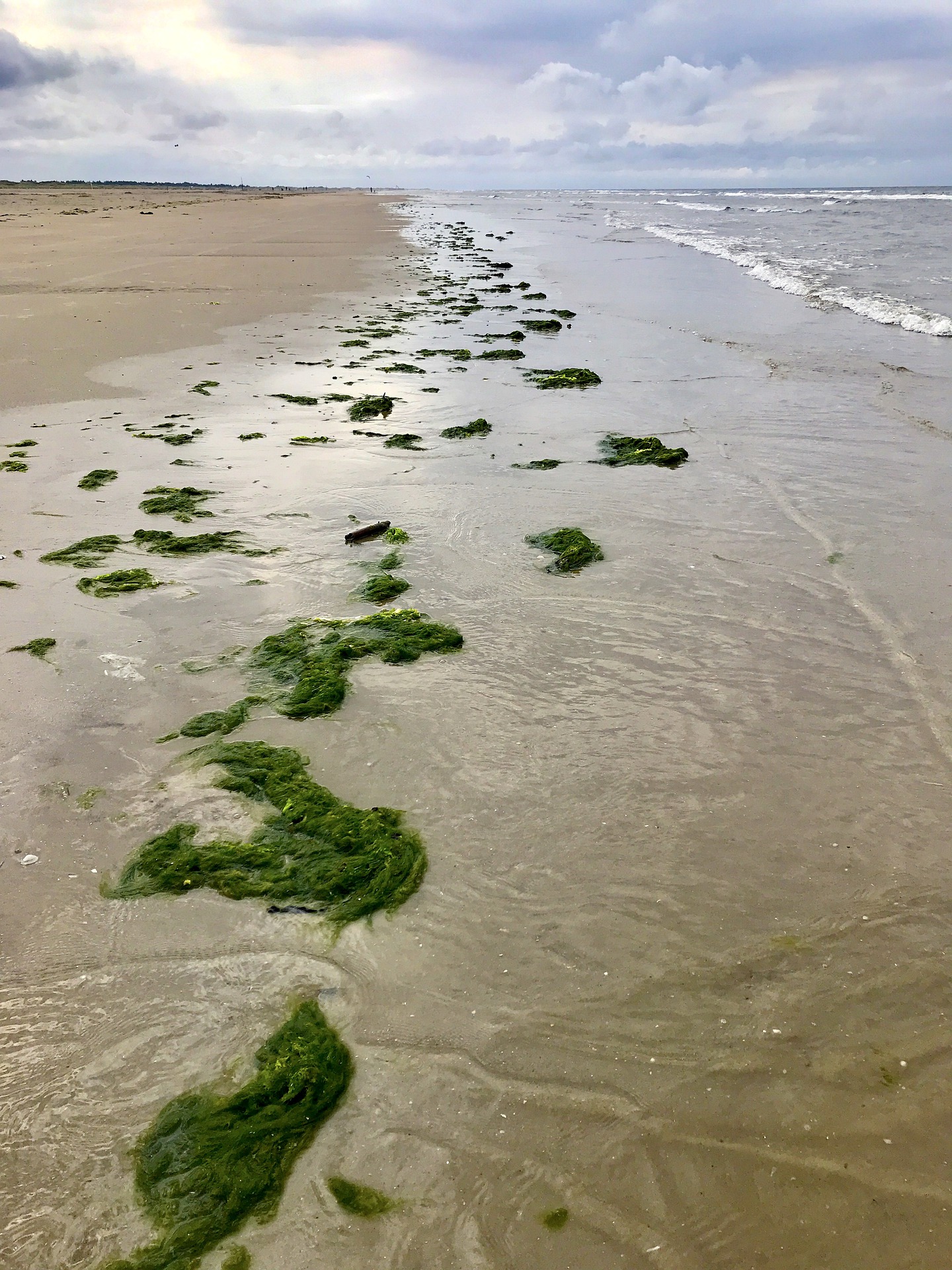Bloomin’ Amazing Technology: Artificial Intelligence Could Help Predict Harmful Algal Blooms

M. Shelton discusses the impact of algal blooms on a variety of different systems and how Artificial Intelligence could be used to predict where they will be to prevent them in the future.
AI offers new hope for tackling these small organisms and their big impact on the environment, economy, and human health.
Algal blooms are the result of algae growing out of control. Excess nutrients in the water trigger this, often stemming from pollutants such as fertiliser. Growing blooms can deplete oxygen and block out sunlight, leading to the death of plants and animals in the waters below, and sometimes creating entire “dead zones”.
To make matters worse, some algal blooms also produce biotoxins. These are categorised as Harmful Algal Blooms (HABs). Research shows that an increasing proportion of algal blooms are toxic – a trend expected to accelerate as climate change helps algae thrive.
When animals feed on HABs, toxins can enter the food chain. This not only leads to the poisoning in species such as turtles and dolphins, but in humans, too. The accumulation of toxins in shellfish causes illness when eaten, ranging from vomiting and dizziness to more serious liver and kidney damage. These toxins may even contribute to the development of neurological diseases.
The accumulation of toxins in shellfish causes illness when eaten, ranging from vomiting and dizziness to more serious liver and kidney damage.
The economic impacts of HABs are also severe. Fishing and aquaculture businesses lose millions from area closures, fish deaths, and the creation of “dead zones”. The tourism industry also suffers when water-based activities are forced to stop, and visitors stay away.
Enter a surprising new potential saviour: artificial intelligence. A £200,000 project headed by the Cornwall Port Health Authority will develop technologies for modelling and monitoring HABs, with support from the University of Exeter, University of Glasgow, National Oceanography Centre and Centre for Environment Fisheries and Aquaculture Science.
Whilst the star development is predicting HABs with data-driven models that use machine learning and statistics, other innovations will help to detect HAB cells in seawater and toxins in shellfish. These will enable authorities to effectively monitor HABs and implement harvesting closures, aiding a safe supply of shellfish. Aquaculture businesses will use these insights to plan their operations and minimise financial losses.
Aquaculture businesses will use these insights to plan their operations and minimise financial losses.
Dr Ross Brown from the University of Exeter said: “This work is particularly pertinent to hotspots in south-west Cornwall, where the frequency and duration of seasonal blooms of warm water HABs species could increase substantially with climate change.”
These promising advances will not only increase the viability of aquaculture in the South West, but could contribute to the management of this growing environmental problem worldwide. What’s more, this project provides an exciting insight into future applications of new technologies for tackling environmental issues.


